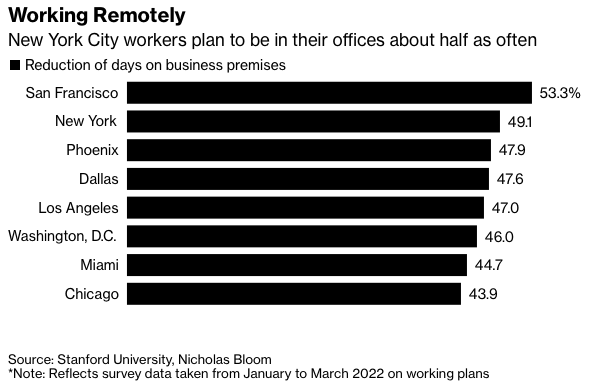From NJ1015:
NJ adds 17,800 jobs, with unemployment and labor force down
Employers in New Jersey added 17,800 jobs in March, helping push the state’s unemployment rate down by 0.4 percentage points to 4.2%.
Eight of the nine major private industry sectors recorded gains, all except for information, according to monthly data issued Thursday by the state labor department. The top increases were 4,900 in leisure and hospitality, 4,300 in professional and business services and 4,200 in trade, transportation and utilities.
New Jersey’s economy has gained jobs in 16 straight months. It has added back 679,400 jobs in the last 23 months, since bottoming out in April 2020 when lockdowns were being imposed at the start of the coronavirus pandemic.
That amounts to 92.7% of the 732,600 jobs lost in March and April of 2020, a rate slightly ahead of the 91.5% of lost jobs that have been recovered nationally.
State-by-state data will be released by federal government Friday. As of one month ago, when New Jersey had regained 89.9% of the jobs lost through the initial February report, the state’s recovery rate ranked 21st highest among the 50 states.

